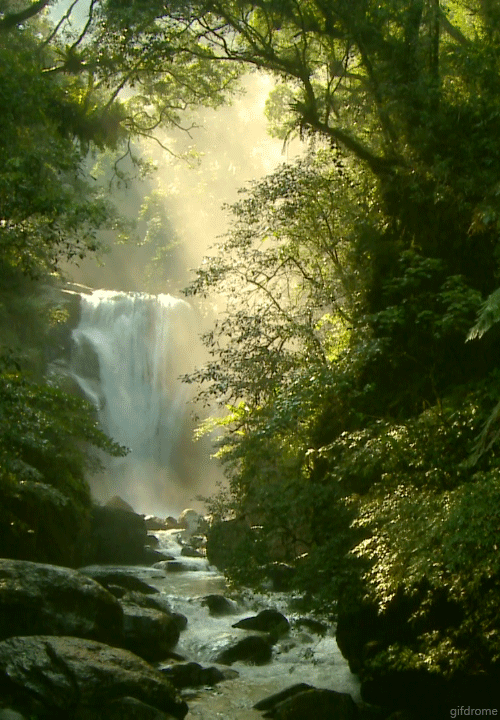
Dokkōdō
In the final days of his life, the mythical Japanese samurai Musashi Miyamoto retreated to a cave called the Reigandō. (Spirit Rock Cave) In that cave he spent the final months of his life meditating and writing his views on the world. While secluded in the cave he wrote two works. The Go Rin No Sho (Book of Five Rings) and the Dokkōdō. The Go Rin No Sho he imparted with all of his samurai martial arts. The Dokkōdō contains his very own soul. Each of these books are the result of years of his life spent as a samurai and ronin. While the works themselves speak of Japanese culture and sophistication, especially in the warrior class, he also speaks of strategy, combat, and of the arts.
Both of these works are dedicated to his favorite disciple Terao Magonojo.
Lines of Wisdom
The Dokkōdō means “The Path of Aloneness” or “The Way to be Followed Alone” . Musashi wrote this work a week before his death. It is 21 lines long, each line containing a different idea one would live by.
1. Accept Everything Just The Way It Is.
Beautiful advice. Rather than worry or fret about what’s going on around you, accept it. The time you’ve spent dwelling on it is better spent improving yourself.
2. Do Not Seek Pleasure For It’s Own Sake.
I’ve seen many men not heed this warning; just hit the lobby at MGM. Anyone who has lived a few years understand the pains of losing friends to addictions and watching the problems that come with them. If it makes you happy; go for it. Just make sure that when the feeling fades you’re a couple steps farther ahead.
3. Do Not, Under Any Circumstances, Depend On A Partial Feeling.
You must be sure of where you put your foot before you step. The meaning here is not to get confused, to keep your head clear, and only act when you’re certain. Continue reading →


















